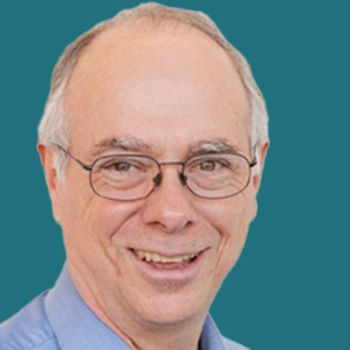
Kevin Campbell, PhD, a Howard Hughes Investigator at the University of Iowa, discussed his mouse model research into the pathophysiology of muscular dystrophy and how it relates to gene therapy approaches.

Kevin Campbell, PhD, a Howard Hughes Investigator at the University of Iowa, discussed his mouse model research into the pathophysiology of muscular dystrophy and how it relates to gene therapy approaches.
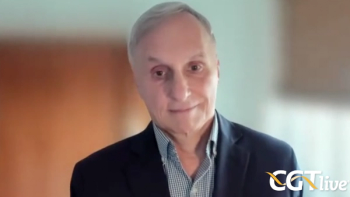
The chief medical advisor of Muscular Dystrophy Association (MDA) gave his view on treatment decision-making in the world of new options for DMD.
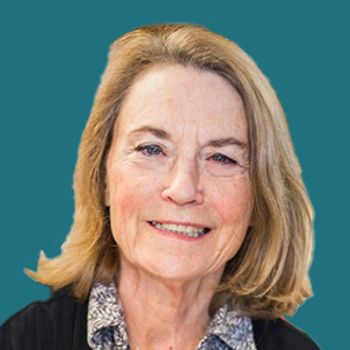
Xandra Breakefield, PhD, an investigator of neurology at Mass General Research Institute, discussed research from her grad student, Lisa Nieland, presented at the ASGCT 2024 meeting.
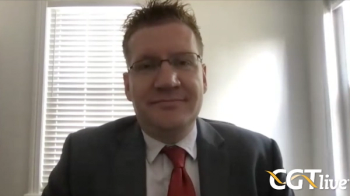
The pediatric neurologist in the Division of Neurology at Children’s Hospital of Philadelphia discussed how Sarepta’s Elevidys has affected the landscape of care for DMD.
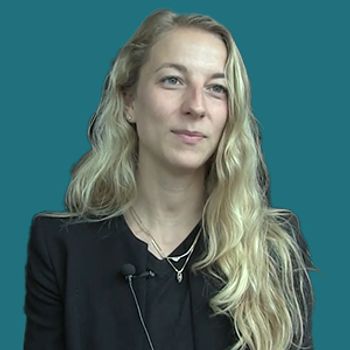
Lisa Nieland, a PhD candidate from Lieden University Medical Center and Breakefield Lab at Mass Gen, discussed her work presented at the ASGCT 2024 meeting.
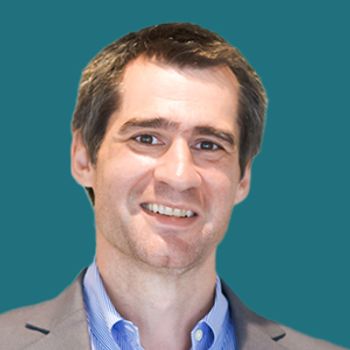
Miloš Miljković, MD, the chief medical officer of Cartesian Therapeutics, discussed data presented at ASGCT 2024 from a phase 2a study.
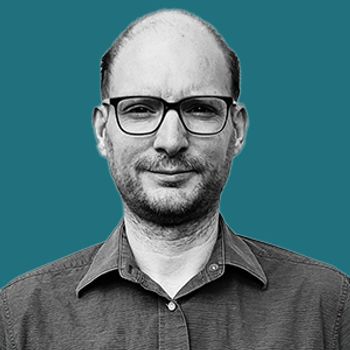
David Dimmock, MBBS, the chief medical officer at Creyon Bio, discussed future applications for the company’s AI-guided discovery platform.
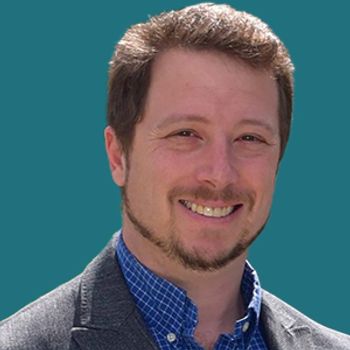
Scott Jeffers, PhD, the chief technology officer at GenSight Biologics, discussed using Verdot’s FlexiPro system to produce Lumevoq gene therapy.

David Dimmock, MBBS, the chief medical officer at Creyon Bio, discussed findings from a patient treated for a TNP02 missense mutation.

David Dimmock, MBBS, the chief medical officer at Creyon Bio, discussed the development of an allele-selective ASO for a single patient with a de novo pathology.
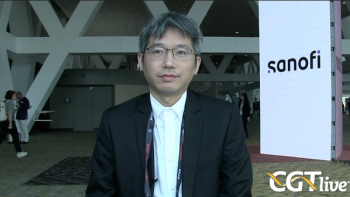
The research scientist at Seattle Children’s Research Institute discussed findings from mouse research he presented at ASGCT’s 2024 conference.
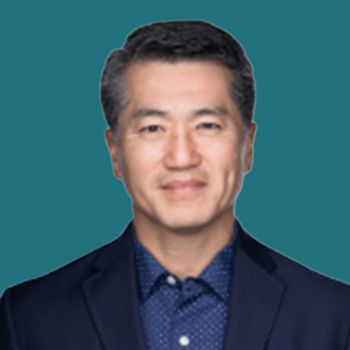
Brian Kim, MBA, the chief executive officer of Mission Bio, discussed the company’s Tapestri platform for single cell sequencing.
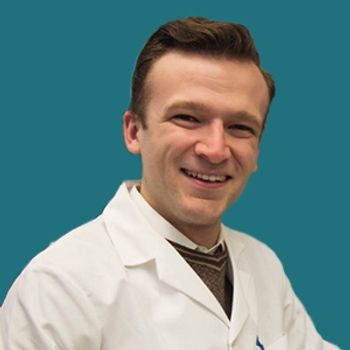
Travis Drow, BS, a research scientist at Seattle Children's Research Institute, discussed mouse model research he presented at ASGCT’s 2024 Meeting.

Anjali Pradhan, MS, the chief product officer at Mission Bio discussed the company’s Genome Editing Solution.
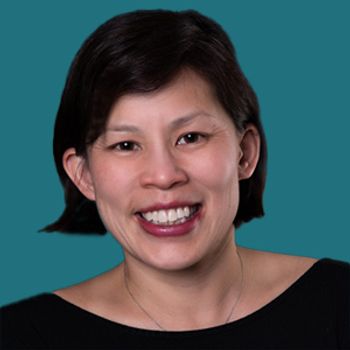
Vanee Pho, PhD, the chief product officer at Mission Bio, discussed the company’s Genome Editing Solution.
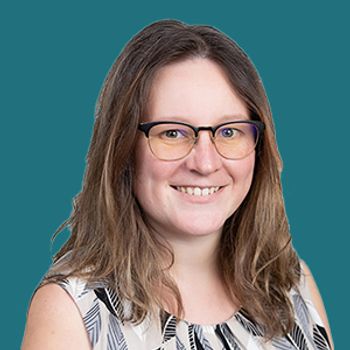
Alexandra Collin de l’Hortet, PhD, the head of therapeutics at Epic Bio, discussed EPI-321, an investigational treatment for facioscapulohumeral muscular dystrophy.
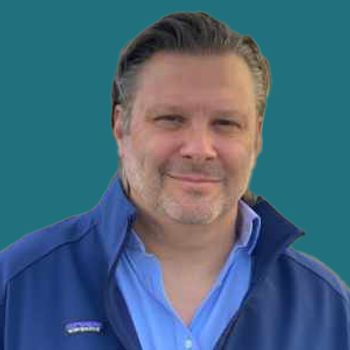
David Suhy, PhD, the cofounder and chief scientific officer at Earli, discussed the company’s unique approach to cancer diagnosis.
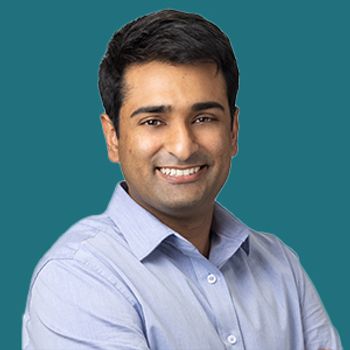
Shankar Ramaswamy, MD, the cofounder, chairman, and CEO of Kriya Therapeutics, discussed the company’s goal of bringing gene therapy to a much broader population of patients.
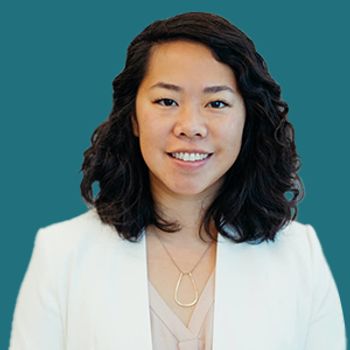
Janice Chen, PhD, the cofounder and chief technology officer of Mammoth Biosciences, discussed the importance of diverse approaches to gene editing to address a variety of indications.
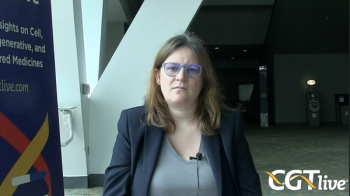
The head of therapeutics at Epic Bio discussed EPI-321, an investigational treatment for facioscapulohumeral muscular dystrophy.
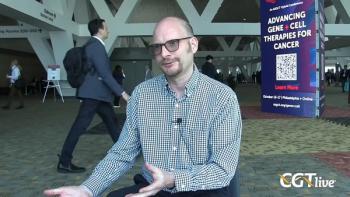
The chief medical officer at Creyon Bio discussed future applications for the company’s AI-guided discovery platform.
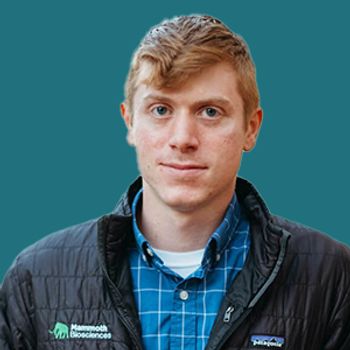
Lucas Harrington, PhD, the cofounder and chief scientific officer of Mammoth Biosciences, discussed the company’s mouse model research on treating hypertriglyceridemia.
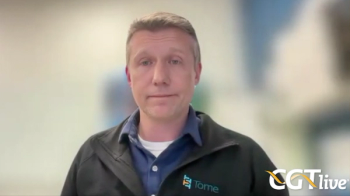
The chief scientific officer of Tome Biosciences also discussed the company’s pipeline for its new technology.

The chief medical officer at Creyon Bio discussed findings from a treated patient with a TNP02 missense mutation.
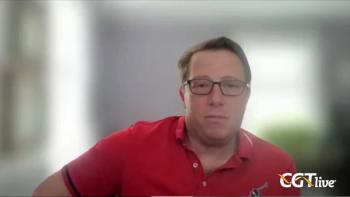
The chief technology officer at GenSight Biologics discussed using Verdot’s FlexiPro system to produce Lumevoq gene therapy.
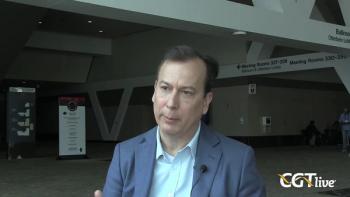
The chief executive officer of Tessera Therapeutics discussed ongoing research into developing its platform for sickle cell disease, CAR T-cell therapy, and more.
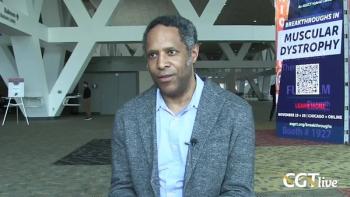
The chief medical officer and head of translational research at Ring Therapeutics discussed research presented at ASGCT 2024.
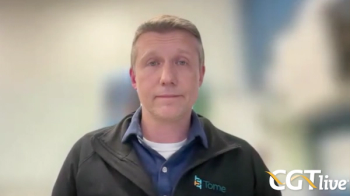
The chief scientific officer of Tome Biosciences discussed the company’s technologies in the context of integrative gene therapy and cell therapy.
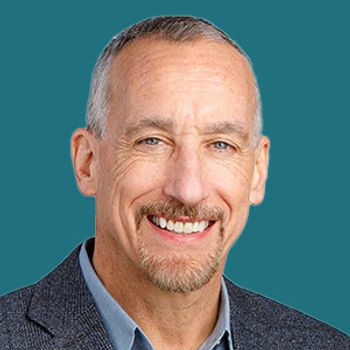
Steve Kanner, PhD, the chief scientific officer of Caribou Biosciences, discussed results from preclinical research evaluating the gene editing approach.
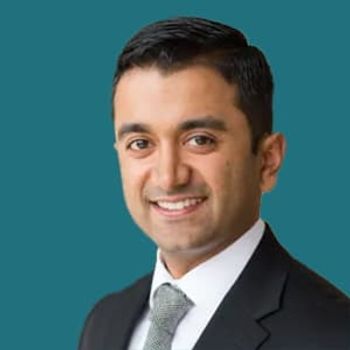
Omar Nadeem, MD, clinical director, Myeloma Cellular Therapies, Dana-Farber Cancer Institute, discussed GPRC5D-targeted CAR-T, BMS-986393.